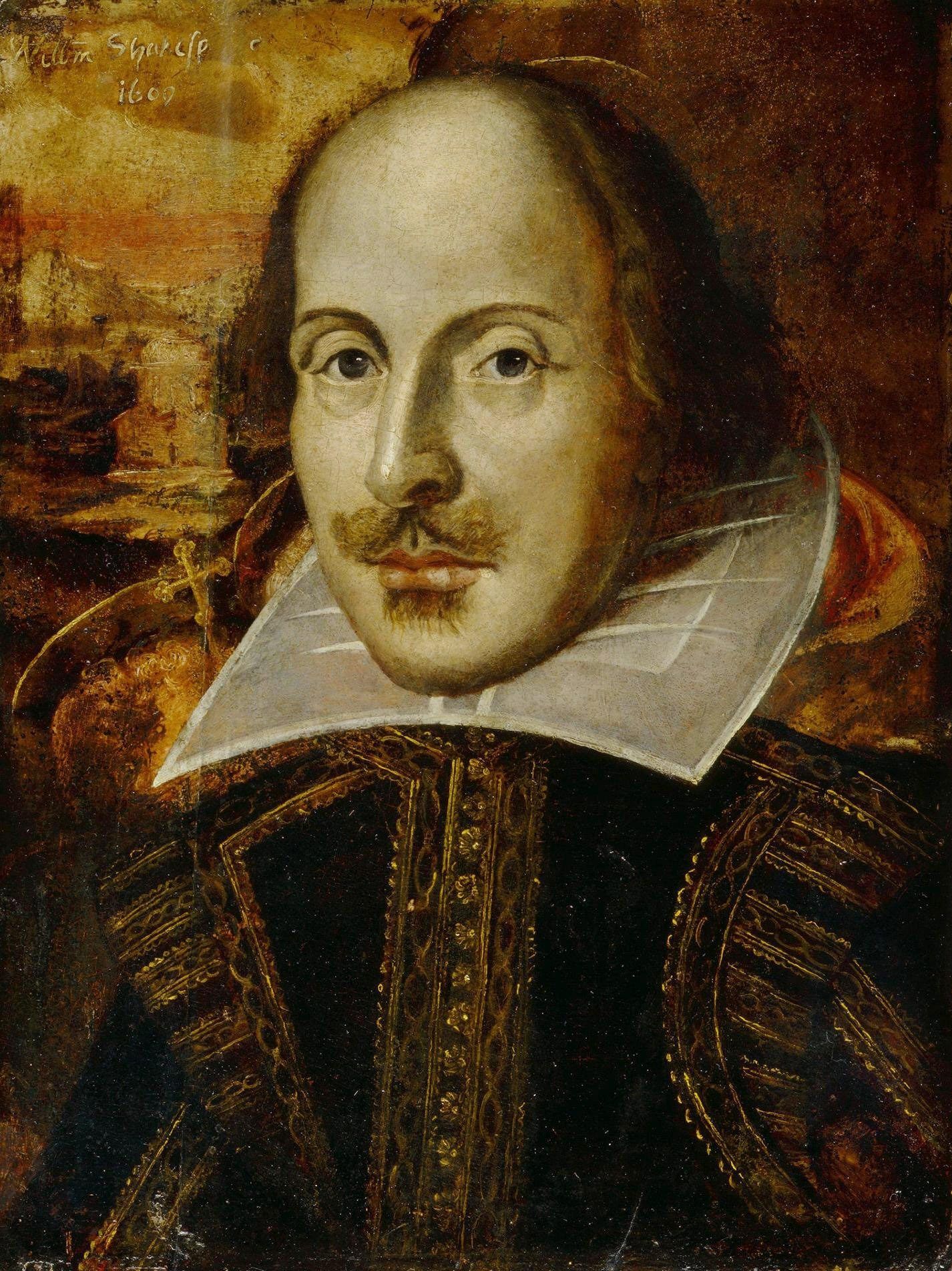September 19, 2016
by Neelima
0 comments
We all know our Vikram Seth and Amitav Ghosh, but there are some Indian authors who seem to have escaped the limelight in spite of being great writers. We hunted down a few authors on Worth a Read’s(WaR) recommendations list.
 Kiran Nagarkar is surprisingly not read to the extent to which he should be. Nagarkar is an Indian novelist, drama and film critic and screenwriter. Plus he is bilingual- he writes in both Marathi and English. He has been awarded the Order of Merit of the Federal Republic of Germany, described as the ‘highest tribute Germany can pay to individuals’.
Kiran Nagarkar is surprisingly not read to the extent to which he should be. Nagarkar is an Indian novelist, drama and film critic and screenwriter. Plus he is bilingual- he writes in both Marathi and English. He has been awarded the Order of Merit of the Federal Republic of Germany, described as the ‘highest tribute Germany can pay to individuals’.
He has also been awarded India’s most prestigious literary award, the Sahitya Akademi Award for the novel Cuckold. This book set in the early sixteenth century in the Rajput kingdom of Mewar is a story about battles, feudalism and love.
A book of his that was featured on WaR recommendations was God’s Little Soldier, a saga sprawling from Mumbai to California. Nagarkar takes fundamentalism by the bones and creates a timely epic that leaves you breathless. Read a detailed review here: http://wortharead.pub/2015/04/01/book-of-the-month-gods-little-soldier-by-kiran-nagarkar/
Nagarkar dabbles in a variety of genres and there seems to be no topic he is unable to address. Take his humor driven Ravan and Eddie and The Extras.
Chetan Raj Shrestha is an architect. He lives in Sydney. His debut work of fiction, The King’s Harvest, won the Tata Literature Live! First Book Award 2013.
The King’s Harvest is a beautifully created book and the novellas in the book revolve around Sikkim. One story An Open-and-Shut Case is a thriller. A woman has hacked her husband into forty seven pieces and confesses at the station. It’s a pretty simple case to shut, but there is more to it than meets the eye. The King’s Harvest is a different kind of story about a man who journeys to visit his king to give him a share of his harvest. Shrestha’s writing is magical and literary. Read the review of the book here: http://wortharead.pub/2016/04/11/book-of-the-month-the-kings-harvest-by-chetan-raj-shreshtha/
Manu Joseph is becoming a fast favorite in reader circles in India. Former editor of OPEN magazine and columnist for The International New York Times and The Hindustan Times, this Chevening scholar from Kerala raced into the literary scene with his book Serious Men, a witty and comic take on a father-son adventure.
His second novel The Illicit Happiness of Other People is again a look at the father-son relationship. This time a father tries to understand why his son committed suicide. The book deals with many ideas, the thin line between clarity and sanity and the juxtaposition of homor and tragedy, being some of them. Read the exhaustive review here: http://wortharead.pub/2016/08/23/book-of-the-month-the-illicit-happiness-of-other-people-by-manu-joseph/
Upamanyu Chatterjee is an Indian Civil Servant from Bengal who weaves in his fiction and essays literary prose that is reminsiscent of authors like Kafka and Camus and a keen observation of present day India. Chatterjee has produced noteable short stories. His best selling work which catapulted him to the hall of fame was English, August, published in 1988. The book can evoke a variety of  reactions- you could hate the protagonist, a drunk, stoned Westernized individual stuck in rural India or you could pity him. A detailed review here: http://wortharead.pub/2016/02/04/book-of-the-month-english-august-by-upamanyu-chatterjee/
reactions- you could hate the protagonist, a drunk, stoned Westernized individual stuck in rural India or you could pity him. A detailed review here: http://wortharead.pub/2016/02/04/book-of-the-month-english-august-by-upamanyu-chatterjee/
In 2009, he was awarded Officier de l’Ordre des Arts et des Lettres in recognition of his ‘exemplary contribution to contemporary literature’. He has also been awarded the Sahitya Akademi Award for The Mammaries of the Welfare State. His novel Way To Go was shortlisted for The Hindu Best Fiction Award in 2010.
Perumal Murugan is a Tamil writer and scholar but some of his works are available in translation. Murugan was in the news last year as he was under attack for the publication of his novel Madhurobhagan, later translated as One Part Woman. An emotional Murugan promised not to wield his pen henceforth. In 2016, the Madras High Court quashed those charges and the writer has decided to write again.
The controversial story centers on the need to have children and how a couple go to great length to fulfill this need. They find solace in a deity but part of their solace lies in having consensual sex with another partner in order to conceive. The story touches on marriage, social taboos and sexual mores, and though it is set in a distant past, it tells a story still very relevant in India now.
Read the review here: http://wortharead.pub/2016/06/17/book-of-the-month-one-part-woman-by-perumal-murugan/















 Kiran Nagarkar is surprisingly not read to the extent to which he should be. Nagarkar is an Indian novelist, drama and film critic and screenwriter. Plus he is bilingual- he writes in both Marathi and English. He has been awarded the Order of Merit of the Federal Republic of Germany, described as the ‘highest tribute Germany can pay to individuals’.
Kiran Nagarkar is surprisingly not read to the extent to which he should be. Nagarkar is an Indian novelist, drama and film critic and screenwriter. Plus he is bilingual- he writes in both Marathi and English. He has been awarded the Order of Merit of the Federal Republic of Germany, described as the ‘highest tribute Germany can pay to individuals’. reactions- you could hate the protagonist, a drunk, stoned Westernized individual stuck in rural India or you could pity him. A detailed review here:
reactions- you could hate the protagonist, a drunk, stoned Westernized individual stuck in rural India or you could pity him. A detailed review here: 













